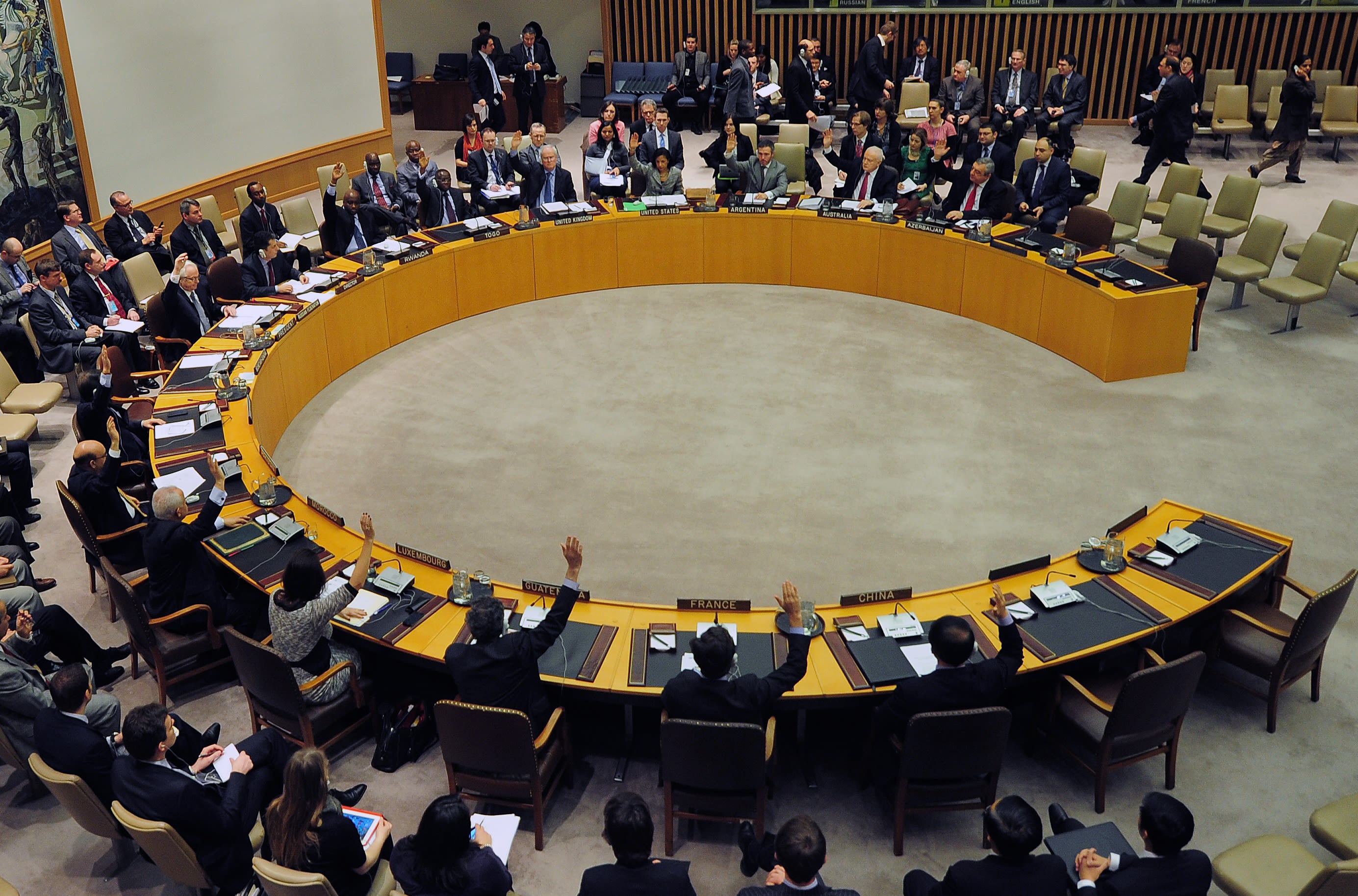
The Biden administration has not gone against Israel’s wish to veto the recent U.N. resolution. But there are humanitarian concerns in addition to strong political reasons for this.
While it is formally binding, no concrete action will follow Resolution 2712, which was passed by the U.N. Security Council in New York on Wednesday. Israel has already rejected the Security Council’s call for “urgent and extended humanitarian pauses” in the Gaza Strip, calling it “meaningless.” Politically, however, the resolution of council members, who rarely find common ground during international conflicts, isn’t irrelevant. By abstaining, the U.S., Russia and Great Britain made the unlikely consensus possible.
After the Hamas attack on Israel and the beginning of the Israeli counteroffensive, the U.S. immediately launched a military threat in support of Israel, and it’s clear that it supports Israel’s objective to end Hamas’ reign in the Gaza Strip. But in the Security Council, the Biden administration has now demonstrated it is prepared to go the extra mile.
Although the resolution neither explicitly condemns Hamas for the terror attack nor addresses Israel’s right of self-defense against terrorism, the U.S. let it to pass anyway. Moreover, had the resolution contained this language, the U.S. would have voted in its favor. We can conclude this from the remarks by the U.S. ambassador to the U.N. Security Council.
Compromise
The resolution is a classic compromise: no “demand” for a pause but instead a “call” for one. And the word “pause” — which Israel has already promised the U.S., albeit to a limited extent — is not an actual “pause.” Russia wanted to use the word pause, but the U.S. would have vetoed any proposal with that language.
While Israel can rely on the U.S.to comply with any pause, it cannot rely on Washington to support Israel’s position that its army is doing everything humanly possible to ensure that civilians in Gaza do not continue to suffer.
In addition to humanitarian concerns that Washington is not denying, there are understandably strong political reasons for America’s position. At a summit in Riyadh, Saudi Arabia, America’s Arabic partners blocked calls to take severe measures against the U.S. and Israel for the offensive in Gaza. It’s give and take. This applies now as well as for the future as envisioned by some Israeli politicians, including President Isaac Herzog. The Arab role in pacifying Gaza will be indispensable.
However, the Biden administration must also worry about public opinion in the U.S., where Israel’s approach is losing support among Democratic voters. Public opinion in Arab and Islamic countries, which influences the political stance of even the most repressive dictators, also cannot be ignored. Russia, and even more than before, China, are just waiting to fill in any gaps the U.S. leaves.
Biden’s meeting with Chinese President Xi Jinping brought no sensational developments; however, in terms of atmosphere, the focus was on cooperation. The U.S. decision in the U.N Security Council lines up. Israel will see signs that the U.S. is allowing the internationalization of the discussion about the Palestinians.

Leave a Reply
You must be logged in to post a comment.